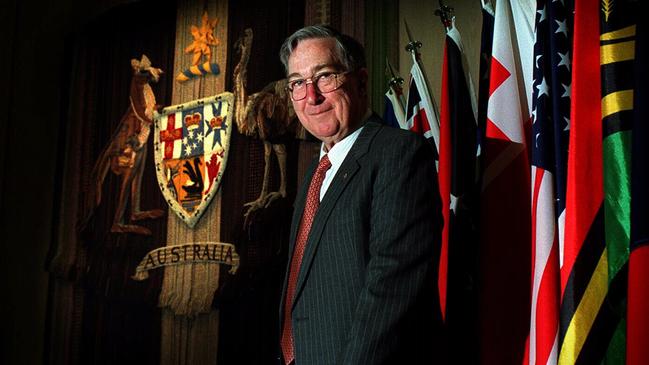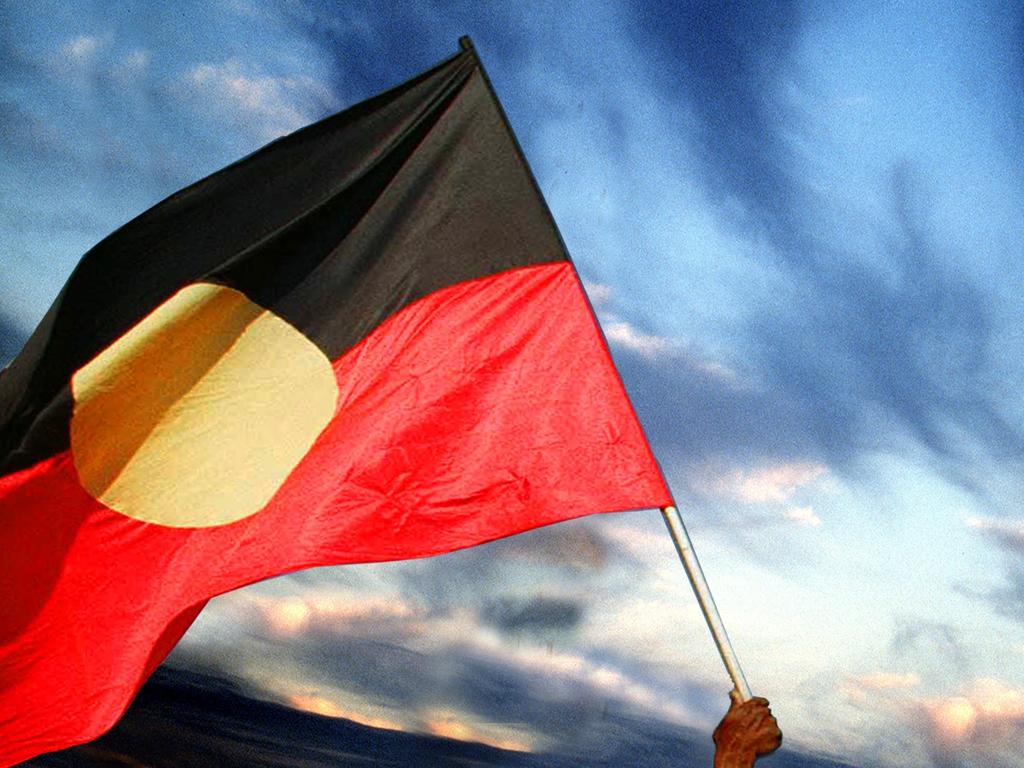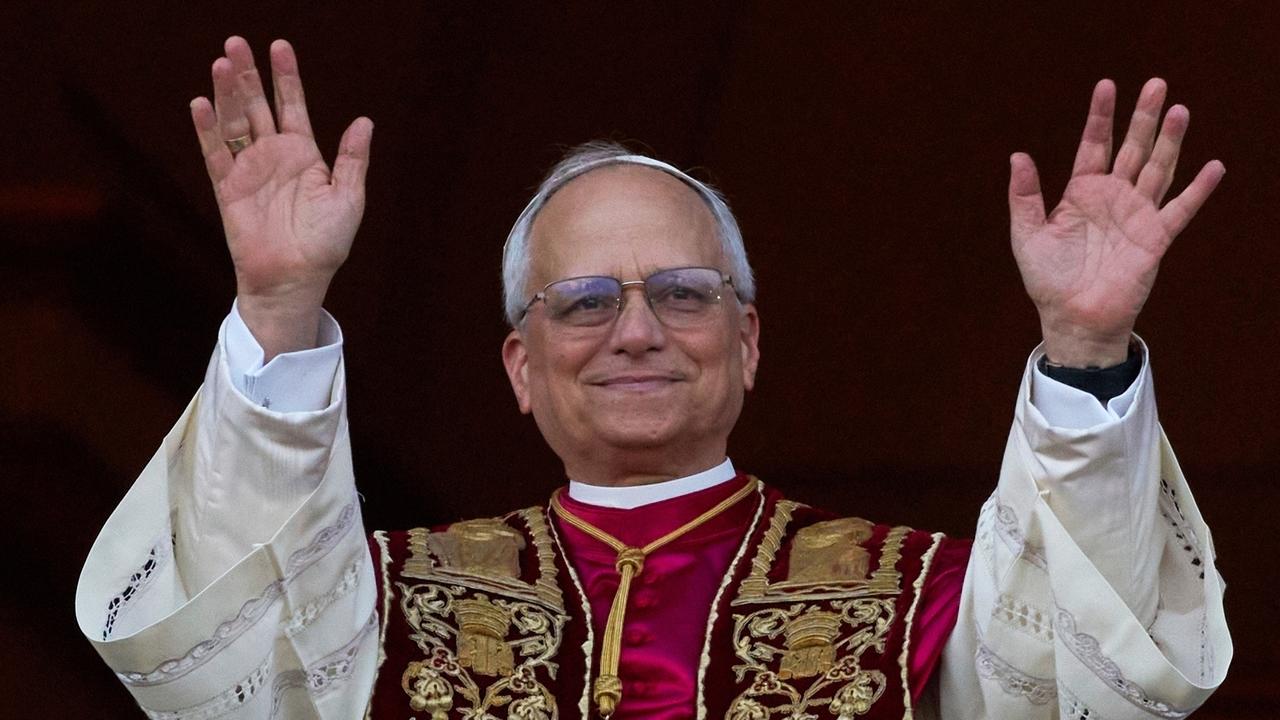Impartial justice of Mabo is Sir Gerard Brennan’s historic legacy

It says much about Brennan’s judicial philosophy that just a few years later he refused to extend the Mabo decision. In 1996, in the Wik case, he dissented from the majority by finding that pastoral leases extinguish native title. Together, Mabo and Wik exemplify Brennan as a judge. He believed deeply in the dignity and human rights of each person, but also saw the need for judicial restraint. He was wary of not usurping the role of parliament as he understood that courts may not provide the best answer to a pressing social problem.
As a newly minted lawyer, I was fortunate to work as a judge’s associate at the High Court in 1992 when the Mabo case was handed down. Brennan was unfailingly kind and generous in taking an interest in the young people around him. As a person, he embodied the same values of equality and fairness that so clearly shone through his judgments.
Brennan’s personal qualities and exceptional legal ability were recognised by both sides of politics. He was appointed to the High Court in 1981 by the Fraser Coalition government and then as chief justice in 1995 by the Keating Labor government. This reflected the universal high regard with which he was held, and the willingness of both sides of politics to make apolitical appointments to safeguard the court’s independence.
As a High Court judge, Brennan was a leading figure during the most active and creative period in the court’s history. He delivered important judgments that derived an implied freedom of political communication from the Constitution and upheld the decisive intervention by the Hawke government to prevent the damming of the Franklin River in Tasmania. These and other decisions set down important precedents that continue to shape the exercise of power in Australia today.
Mabo was the most important of these cases in setting the nation on a new course. When the British arrived in Australia in 1788, their law applied the so-called “barbarian” theory that treated Indigenous peoples as being so “low in the scale of social organisation” that their laws and customs need not be recognised. This enabled Australia to be colonised by applying the fiction of terra nullius, meaning land belonging to no one. This was proved to be convenient because the colonisers could strip Aboriginal people of their lands without compensation or needing to negotiate a treaty.
Mabo was a decisive break from this mindset. Brennan rejected the idea of terra nullius as factually incorrect and because it “seriously offends the values of justice and human rights (especially equality before the law)”. Instead, he found that Australian law can accommodate the native title rights of Aboriginal and Torres Strait Islander peoples, which as a result survived colonisation and persist to the present day.
The High Court’s decision in Mabo provoked great fears and unrealistic expectations. Some people produced maps suggesting large swathes of the Australian continent would be transferred to Aboriginal and Torres Strait Islander peoples. Others foresaw that the courts would recognise further Indigenous rights. Neither has come to pass. Instead, the court has proved reluctant to extend the concept of native title and has rejected any notion that Aboriginal peoples are sovereign nations. The court has made clear that native title exists only because it is recognised by the law of the colonisers.
The recognition of native title in the Mabo case and the subsequent passage of the Native Title Act have produced mixed results. Some Indigenous groups have made important gains, while for others the process has been lengthy, unwieldy and disappointing.
One major impediment to claiming native title is that a group must show a continuous and unbroken connection to their land since the British arrived. However, the dispossession and dispersal of Aboriginal peoples can make this impossible to prove.
Three decades on, the Mabo case no longer attracts the fierce debate it once did. It has come to be accepted as an important foundation for understanding the colonisation of Australia and articulating the native title rights of Aboriginal and Torres Strait Islander peoples. Mabo is not the panacea some Indigenous peoples hoped for, but there is no doubting its enormous impact upon our nation. It is without doubt Brennan’s most important legacy.
George Williams is a Deputy Vice-Chancellor and Professor of Law at the University of NSW.





Former High Court chief justice Sir Gerard Brennan died last week on the eve of the 30th anniversary of the Mabo decision. The timing was poignant given he delivered the leading judgment in the case. More than any other judge, he led the way in casting aside the notion that Australia was uninhabited at the time of colonisation. He held that Australian law can recognise the continuing rights of Indigenous peoples to their traditional lands.